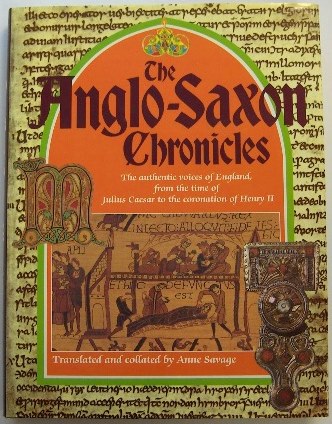
About the Poet: John Donne was a cleric for the Church of England, whose exhortations impacted Ernest Hemingway’s “For Whom the Bell Tolls”, who took the title for his novel from Donne’s “Devotions Upon Emergent Occasions”. It would seem that Donne is a heavily under-celebrated poet, but if one has ever heard the phrase “no… Continue reading Analysis of John Donne’s “A Lecture upon the Shadow”

The extant Exeter manuscript brings to us some preserved elegies of the Anglo-Saxon Age which are neither pagan nor Christian; instead they are a direct recording of the personal feelings of the speaker of these poems. These elegies stand out among the rest of the poems belonging to this period in English Literature owing to… Continue reading Characteristics of an Elegy of Anglo-Saxon Age

The Germanic forefathers of the English brought with them their own poetry but there is no evidence of them bringing any prose writings. The development of English prose wholly took place in England and was greatly facilitated by the introduction of Christianity. The early prose was utilitarian and we find its first traces in the… Continue reading Anglosaxon Literature and Prose

The Wanderer is an elegiac piece of poetry preserved in the extant Exeter manuscript which is purports the lament of a solitary man who had once been happy under the protection of his loved lord but after his lord’s death is confronted with bitter frozen waves and winter cold. The thought of his lost happiness… Continue reading Anglo Saxon Poetry The Wanderer

The re-Christianizing of England by Celtic missionaries and St. Augustine brought the wealth of a new kind of Literature under an impulse that was very powerful, different and exalted. The new religion brought about a change in the tone and spirit of the language and under its influence began a new creative period in English… Continue reading Anglo-Saxon English Literature Analysis

An epic is supposed to serve as the mouthpiece of the age depicted in it or a historic document of the nation it belongs to. This quality of an epic, termed as its choric quality by Dr. Tillyard is well exemplified by one of the earliest epics in the world, Beowulf. We are forced to… Continue reading Epic Poetry Beowulf: Historical Value





